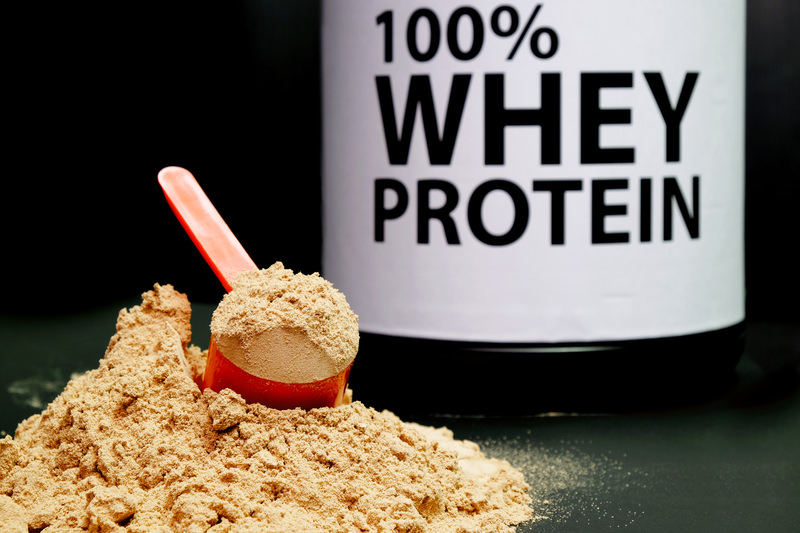Where do you get your protein?
Of all the macronutrients, protein is certainly the most widely marketed. But what is protein?
Protein is made up of organic compounds called amino acids. Collectively, they form the building blocks of life by fuelling muscle mass as part of the body’s metabolic processes. Apart from being readily available within wholefoods, there are a lot of protein products on the market. The most popular of which are protein powders.
When it comes to protein, quality it is really about quality over quantity. Below is a breakdown of the properties of two popular protein powders:
Whey & Hemp

Whey Protein:
A by-product of cheese & yoghurt production, it has often been considered the “gold standard” of protein supplements.
Hemp Protein:
Derived from hemp seeds which are non GMO and entirely plant-based, it has become a popular source of protein.

Let's compare them side-by-side:
| HEMP | WHEY |
| SOURCE | |
| 100% Plant-based made entirely from natural hemp seeds. Sustainably sourced requiring no GMO or harmful toxins in the growing process | Derived from animal sources. Made from liquids created as a by-product of cheese and yoghurt production. Requires rearing of cattle which has been shown to have detrimental environmetal effects. |
| PROTEIN | |
| 50 g of protein per 100 g of hemp powder. | 90 g of protein per 100 g of hemp powder. |
| DIGESTIBILITY | |
| Easily digestible and doesn't cause bloating or stomach upset. | Not suitable for those who are lactose intolerant. May cause bloating and stomach upset for those sensitive to dairy. |
| HEALTHY FATS | |
| Contains all the essential fatty acids the body needs. Balanced source of Omega 3, 6 & 9. | Contains saturated fat, cholesterol and no essential fatty acids. |
| ALLERGENIC EFFECT | |
| Dairy-free, Soy-free, Nut-free & Contains no artificial colours or flavours. | Allergenic. Unsuitable for those who are lactose intolerant or have allergies to dairy products. |
| PROCESSING | |
| Naturally derived from whole hemp seeds. Hemp protein is RAW and contains no additives or preservatives. | Refined in it's production process, most whey proteins are heated during production which can de-nature them. A lot of whey products on the market also contain added sugar, artificial flavours and artificial colours. |
Whilst both whey and hemp contain significant amounts of protein, hemp protein may be beneficial for those who have allergies or prefer to eat natural, unprocessed and plant-based products. Furthermore, hemp protein contains an array of other nutrients such as essential fatty acids, vitamins and minerals. It is sustainably sourced and produced meaning that choosing hemp over whey can help you contribute towards the preservation of our environment.
When choosing your protein source, consider all the factors in addition to protein content and make the best choice for your own health and that of our planet.
.jpg)
Guest Blog written by Maz Valcorza - Author of Uncooked & The Naked Vegan, Maz has been working with healthy vegan and allergy friendly foods for the last 6 years. Maz is also an Everyday Vegan on www.everydayvegan.tv where her role is to create and run online courses teaching viewers how to make healthy and delicious vegan food. She loves food and lives for sharing how easy and awesome it is to connect with ourselves, each other and our planet through nourishing our bodies and souls..... follow Maz on instagram.